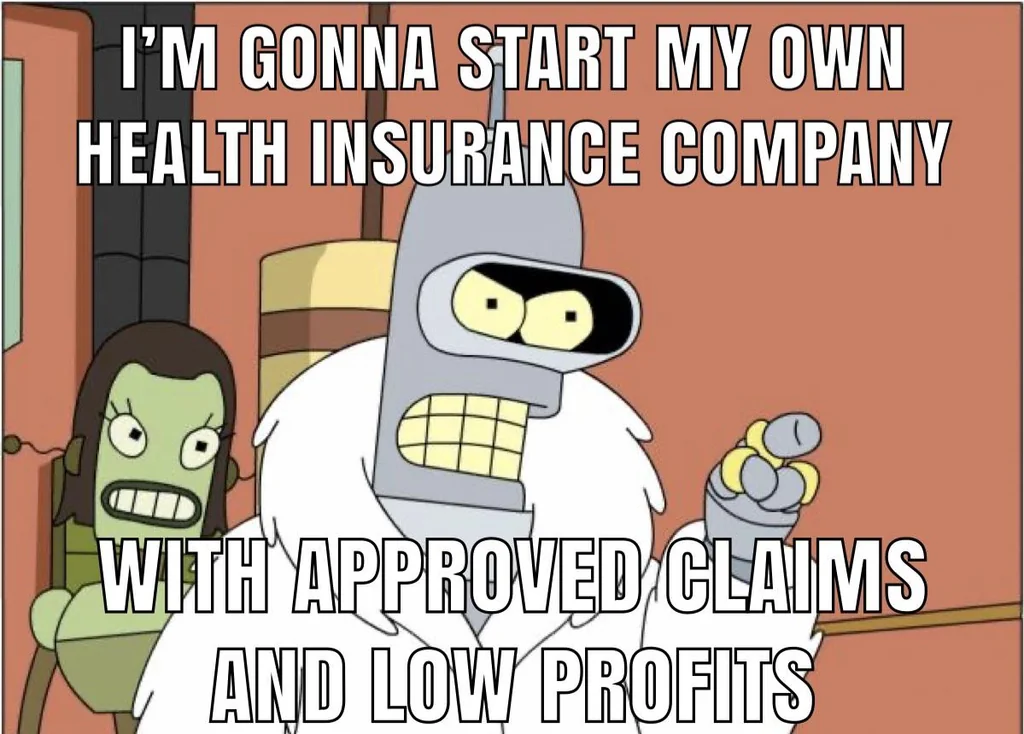this post was submitted on 18 Dec 2024
591 points (98.5% liked)
memes
10963 readers
3707 users here now
Community rules
1. Be civil
No trolling, bigotry or other insulting / annoying behaviour
2. No politics
This is non-politics community. For political memes please go to !politicalmemes@lemmy.world
3. No recent reposts
Check for reposts when posting a meme, you can only repost after 1 month
4. No bots
No bots without the express approval of the mods or the admins
5. No Spam/Ads
No advertisements or spam. This is an instance rule and the only way to live.
Sister communities
- !tenforward@lemmy.world : Star Trek memes, chat and shitposts
- !lemmyshitpost@lemmy.world : Lemmy Shitposts, anything and everything goes.
- !linuxmemes@lemmy.world : Linux themed memes
- !comicstrips@lemmy.world : for those who love comic stories.
founded 2 years ago
MODERATORS
you are viewing a single comment's thread
view the rest of the comments
view the rest of the comments

New Zealand’s largest private health insurance provider (Southern Cross) is “run on not-for-profit principles”.
It’s not terrible, and seems to work. I guess the caveat is that their competition is a (mostly) functioning public healthcare system.
I’m not sure if it’s still the largest in the state, but Blue Cross Blue Shield of North Carolina is a non-profit, but they don’t seem to run in a very not-for-profit way. A long time ago, maybe 20 years ago, the board tried to switch it to a for-profit organization with the stated goal of going public and issuing stock options. The state didn’t allow them to do that, so the board started giving themselves lavish pay raises and arranging executive “retreats” in prime vacation destinations like Hawaii.
I don’t know how their denial rate compares to for-profit insurers, but they are a giant pain to deal with, and we have no other real options for the doctors we see and medications we take.
I've worked for the non-profit insurance subsidiary of a charity hospital system, and part of the problem is that ANY of the competition is for profit. What that means is that the for-profit companies are effectively setting the baseline of coverage. Healthy people (or the HR department at the company) aren't as concerned with richness of benefit as they are with the lowest premium. Sick people, though? They've got a list of doctors and drugs they want to make sure are covered. So if the non-profit benefit is too rich it attracts all the sick people and suddenly the operating costs of the non-profit skyrocket and they go out of business. It's a weird model that can't be AS good as the mission wants to be.
In my case the hospital system actually created a generic drug manufacturer themselves to undercut for-profit drug manufacturers. THAT was less daunting than trying to impact the insurance side any more than they already do.